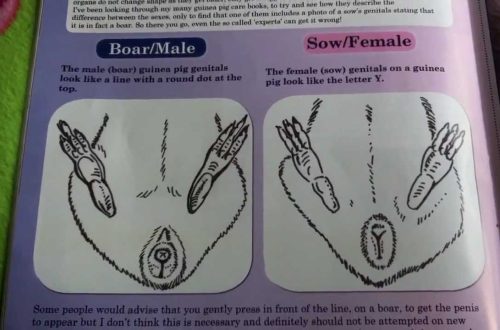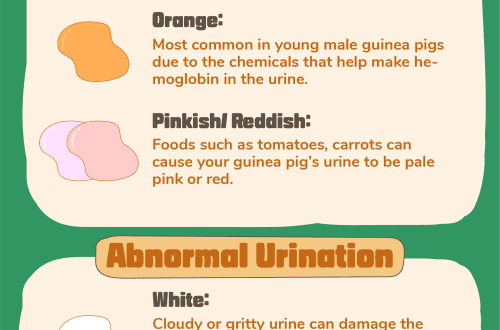
Spasms in a chinchilla: why does a chinchilla tremble and shake – causes and treatment
Chinchillas delight their owners with their funny look and cheerful character. Sometimes a completely healthy animal shakes or convulses, which causes panic among rodent owners. It is advisable for chinchilla breeders to study the causes of seizures in chinchillas and first aid methods for a fluffy pet.
Contents
What Causes Chinchillas to Have Seizures?
There are a huge number of reasons that cause seizures in domestic chinchillas:
- deficiency of B vitamins;
- lack of calcium in the body of a rodent, most often in pregnant and lactating females;
- indigestibility of calcium;
- hypoglycemia – an insufficient level of glucose in the blood, often occurs when pregnant chinchillas are not fed enough;
- stress resulting from a change of scenery, a fall, a sharp sound, a new partner sitting down;
- back injury when falling or improperly pulling a rodent out of the enclosure;
- brain damage;
- pathology of cerebral vessels;
- intoxication as a result of inhaling poisonous gases or eating toxic substances;
- epilepsy, which may be congenital or acquired after brain damage as a result of trauma and infectious diseases;
- a stroke that occurs in stressful situations, injuries of the skull and spine, intoxication, violation of the conditions for keeping animals;
- increased intracranial pressure;
- heart attack;
- heat stroke due to rodent abuse.
How do chinchilla seizures manifest?

Convulsions in exotic rodents can be short-term or quite long, seizures can occur suddenly or be the end of increased arousal of a small pet. Seizures are manifested by a characteristic clinical picture:
- the animal twists the body;
- the chinchilla shakes its head;
- the rodent presses its ears;
- chinchilla trembles on hands;
- hind legs may fail;
- there is a distortion of the muzzle of the animal;
- the head is bent towards the limbs.
It is not recommended to touch or try to distract the animal at the time of the seizure, after the seizures stop, the owner should help his beloved rodent: calm the furry animal, inject the medicine and consult a specialist to identify the cause of the attack.
What to do with cramps in a chinchilla
When the little animal completely calms down and stops trembling, you must:
- Get the pet out of the cage.
- Feed him a raisin or a quarter of a date.
- Make an intramuscular injection of dexamethasone at a dose of 0,1 ml, which has an anti-shock effect, due to which the animal will return to its normal state. In the absence of dexamethasone, prednisolone, calcium, or glucose can be injected.
After the injection it is recommended:
- Soothe the chinchilla with quiet gentle words and strokes.
- Warm and inspect the body for injuries, bruises or bruises.
- Gently massage the paws and intestines of the animal.
- Place a small pet in a quiet, calm room.
The animal may be in a depressed state, it is advisable to give him time to recover, constantly watching the pet.

With a prolonged seizure in a chinchilla, it is urgent to call a specialist at home. In the event of a short-term attack, you can independently provide first aid to your pet and, as soon as possible, take the small animal to the veterinary clinic for examination.
Chinchilla seizures are a very serious symptom of various disorders in the animal’s body, from a banal lack of vitamins to incurable damage to the brain and spinal cord. After the first attack, it is advisable to contact the veterinary clinic as soon as possible to determine the cause of the attack and prescribe timely treatment.
Video: convulsions in a chinchilla with a stroke
What to do if a chinchilla has seizures
3.3 (65.71%) 7 votes





